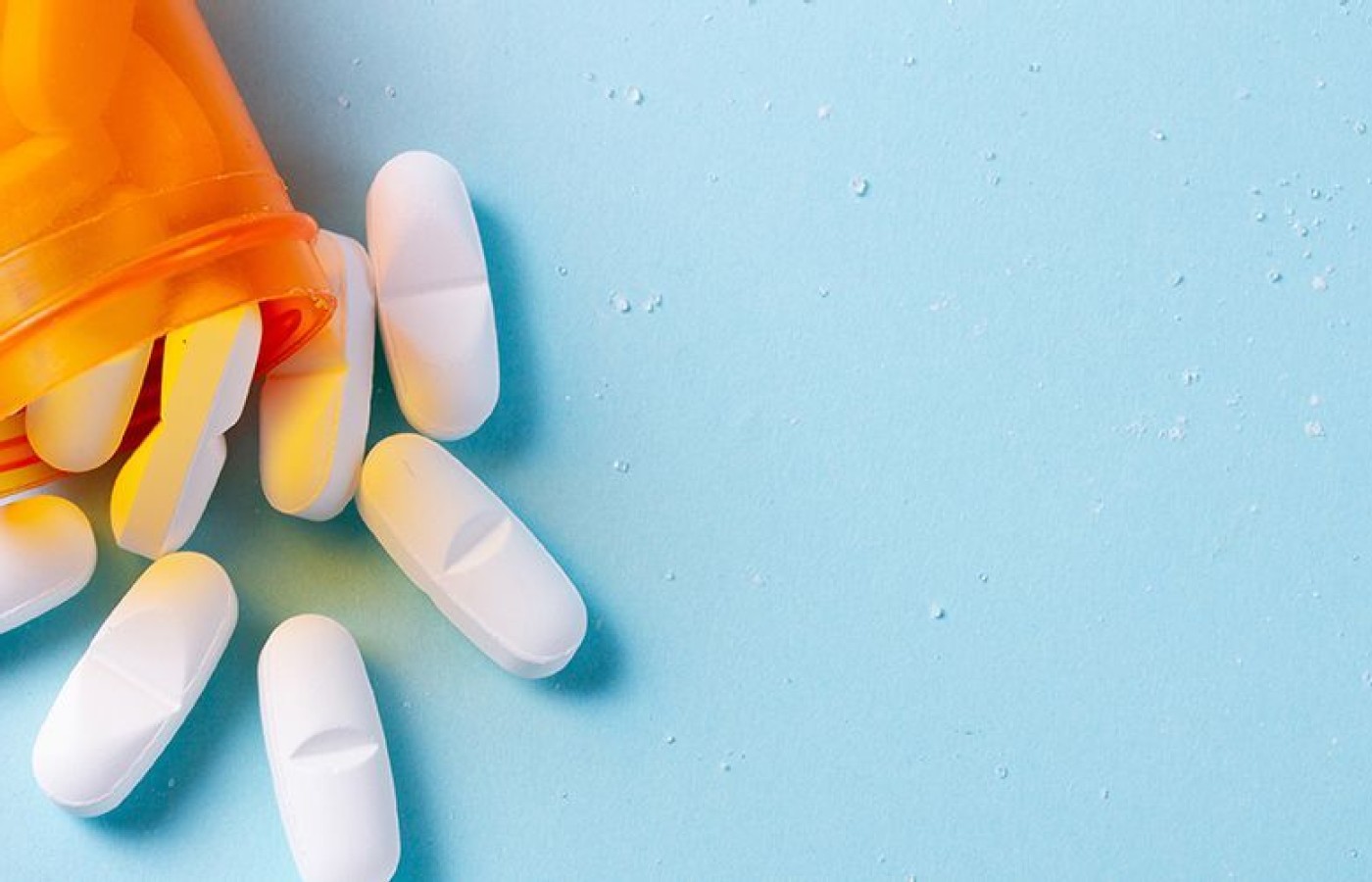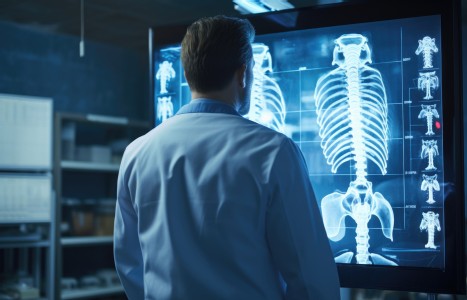Many relevant diagnostic signs are not performed deliberately by the examiner or by the patient at the examiner’s direction. They are observed as the patient reacts to their condition. Fortin’s finger sign, Minor’s sign, and Vanzetti’s sign are three examples of this principle.
The #1 Factor Driving Drug Prescriptions Will Surprise You
Perhaps one of the most powerful predictors of the prescription-writing behavior of physicians is the catered "free lunch" brought into medical groups courtesy of pharmaceutical representatives. Why do I think this? Because I have eaten a lot of these lunches while witnessing the persuasive power of food!
Some time ago, I moved my practice into an integrated medical group. It consists of family-practice physicians with nurse practitioners, medical assistants and staff, along with an acupuncturist and chiropractors. Even though I am still an independent practitioner, I am always invited to have lunch with the group.
Little did I know that if the clinic manager would allow it, I could be eating breakfast and lunch five days a week! But the manager (thankfully, I think) allows drug reps to bring in the grub only three days a week, so that the staff doesn't get "spoiled."
The Schmooze Budget

Pharmaceutical representatives are some of the friendliest people you will ever meet, but they are paid to be relentless in the promotion of their company's medicines. According to an article in the Journal of the American Medical Association, pharmaceutical firms spent about $30 billion on drug marketing in 2016.1 But around $20 billion, or 68 percent, was spent on schmoozing doctors and medical providers directly. Note that this money was not spent on promoting drugs to consumers; "only" $6 billion was spent on advertising.
The "schmooze" budget was even bigger years ago. In 1997, according to the same JAMA article, 88 percent of marketing money was spent on promotion to doctors! That included drug samples, swag, speaking opportunities for doctors who were friendly to a company, all-expense-paid educational conferences in vacation locations, and fancy dinners in fancy restaurants.
The Art of Pushing Drugs
This brings me back to the lunches, which now remain the most direct way to influence doctors and staff (outside of downright bribes). Lunch is always a topic of conversation among the docs and staff, with everyone voicing their preferences and levels of self-control regarding desserts. The staff seems to favor low-carb lunches, but when Italian food shows up, the pasta gets eaten quicker than the salad.
In our office, only the front-desk manager knows what food is being catered any given day, and she's not telling. Consequently, the question of "What's for lunch?" is moot, but keeps coming up anyway. One of our medical assistants (MAs) started an office "betting pool." For one dollar, if you can guess the meal and the catering restaurant, you can be the big winner!
The large Pharma companies usually send over a reputable meal, in order to save face and please those who have access to the doctors. This works better than sending cheap cheese pizzas, which is what a hair restoration center representative learned the hard way. He never got past the front-desk scheduler.
Is COVID Changing Things?
But access to those with prescription pads became very different with the advent of COVID-19. Prior to this time, the physicians could come into the kitchen, get some food, put in some face-time, and excuse themselves; leaving an MA to stay and chew the fat with the rep. Doctors usually do not look forward to spending time with drug representatives.
But with the viral lockdown, reps would only send food if they could talk on the phone with one of the docs. That meant the physicians would draw straws to see who was going to sacrifice their charting time to listen to the salesperson go on and on about how their statin was better than all the other statins.
Sales reps from "Big Pharma" are mostly attractive, friendly people, who are good at remembering names and personal details about the docs and staff. If a provider is gluten sensitive, a separate plate will be delivered. They also know their drugs and are eager to tell you about them.
That is, unless if you are a chiropractor. I don't prescribe drugs. Perhaps that is why the first time I shook hands with a Big Pharma rep and told him I was a DC, his big grin froze. He hadn't expected that. "Great! I believe in chiropractors!" he exclaimed, as if the mere existence of chiropractors was in doubt. Although very polite, he excused himself quickly to go look for one of our nurse practitioners.
What Will Their Next Tactic Be?
For me, watching all this has been like observing some new type of medicine show. Since the audience is not invited, the actors become the audience. As noted, a lot more money is spent on pharmaceutical reps and lunches than on any other type of drug marketing, even to the lay "audience." That is why the day of the Pharm rep, the detail salesperson, may be fading.
In a recent editorial, DC publisher Don Petersen Jr. wrote about how artificial intelligence (AI) is rapidly changing the culture of health care.2 Big Pharma will be using "Big Data," as he puts it, to change all health care. I interpret that, in my opinion, to mean manipulate, predict and control medicine. With the new interest in telemedicine, the virtual world of Zoom and online education, drug marketing will undoubtedly change. So, what if the catering stops, the lunches never materialize, and the friendly people stop visiting? I can't speak for others on the staff, but I hope I lose some weight.
References
- Schwartz LM, Woloshin S. Medical marketing in the United States, 1997-2016. JAMA, 2019;321(1):80-96.
- Petersen Jr. D. "Chiropractic by Machine Only?" Dynamic Chiropractic, January 2021.



